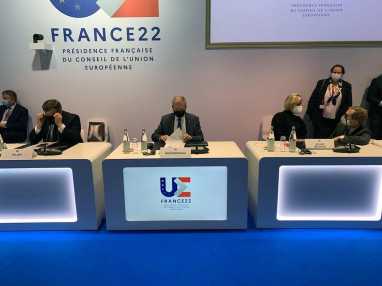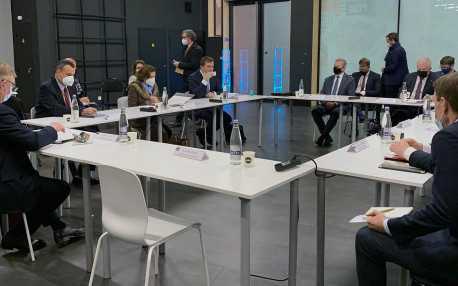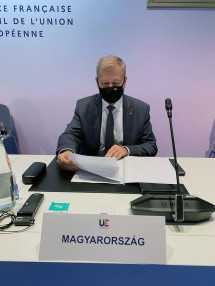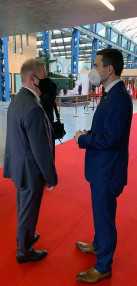The French EU presidency has started
Text: Ministry of Defence | 10:23 January 14, 2022On 12–13 January, defence ministers of the European Union met in Brest, France at an opening event of the French EU presidency to discuss threats to Europe and the further strengthening of European defence. Hungary was represented at the meeting by Defence Minister Tibor Benkő.
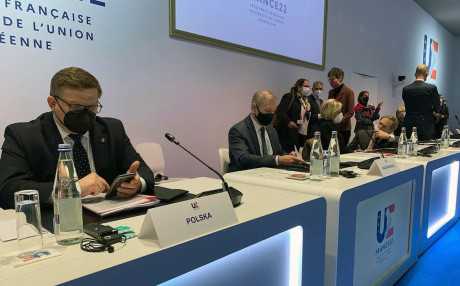
During a working dinner, the ministers – joined by the strategic partners of the European Union, the NATO Secretary General and the UN Under-Secretary General for Peace Operations – discussed how the interference and activities of third-state sponsored non-state actors influence operational efficiency in EU areas of operations. In his contribution, Tibor Benkő pointed out that the appearance of such actors entails political, legal, security and military challenges as well. For this reason, we must strengthen the resiliency of our operations and missions. He also underlined that value-adding cooperation among NATO, the EU and the UN is an important precondition of joint success.
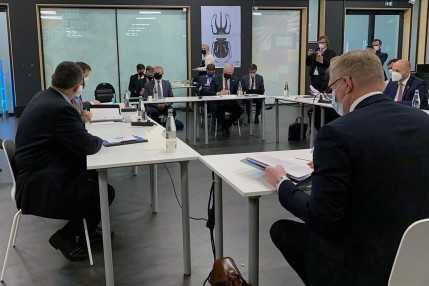
On the second day, the ministers met in the Bucharest 9 format to discuss the plans for the EU presidency term with France, which is holding the rotating presidency, as well as the security situation in Ukraine. In his contribution, the Hungarian minister of defence underlined that Hungary supports the building of a stronger, more capable European defence, and at the same time emphasized that this must be underpinned with a strong cooperation between NATO and the EU. Speaking about Ukraine, he made it clear that Hungary stands up for Ukraine’s territorial integrity and sovereignty, and supports the international coordination aimed at defusing the current situation. At the same time, Hungary expects Kiev to fulfil its pledges and commitments in the interest of removing legal restrictions on the Hungarian minority in Transcarpathia. In connection with geopolitical challenges, Tibor Benkő highlighted the importance of the NATO–Russia Council in wide-scale efforts to resolve the tension.
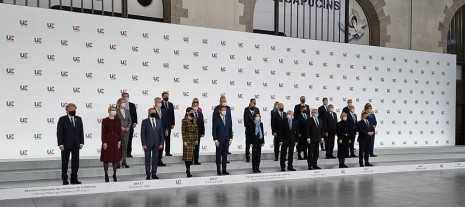
In what followed, the defence ministers and the foreign ministers held a joint working lunch to review the new draft of the Strategic Compass which has been modified after consultations with member states. The Strategic Compass aims to provide clear political and strategic guidance for the next 5–10 years concerning the EU approach to be adopted in the fields of security and defence.
In answer to our question, Tibor Benkő said that Hungary agrees on the point that the European Union should assume more responsibility for its security and become more capable of taking autonomous action in the field of security and defence policy. With this goal in view, the Strategic Compass will define the measures and actions to be taken to increase the efficiency of crisis management and to strengthen the resilience of the EU and the member states, capability development and partnerships.
The document is still being discussed, but the present draft already reflects several Hungarian proposals. Accordingly, it focuses on the development of military capabilities required for efficient European defence, the EU’s efforts made in the interest of stability and peace in the Western Balkans and the ways to deepen the EU–NATO cooperation and expand its scope.
Galéria
